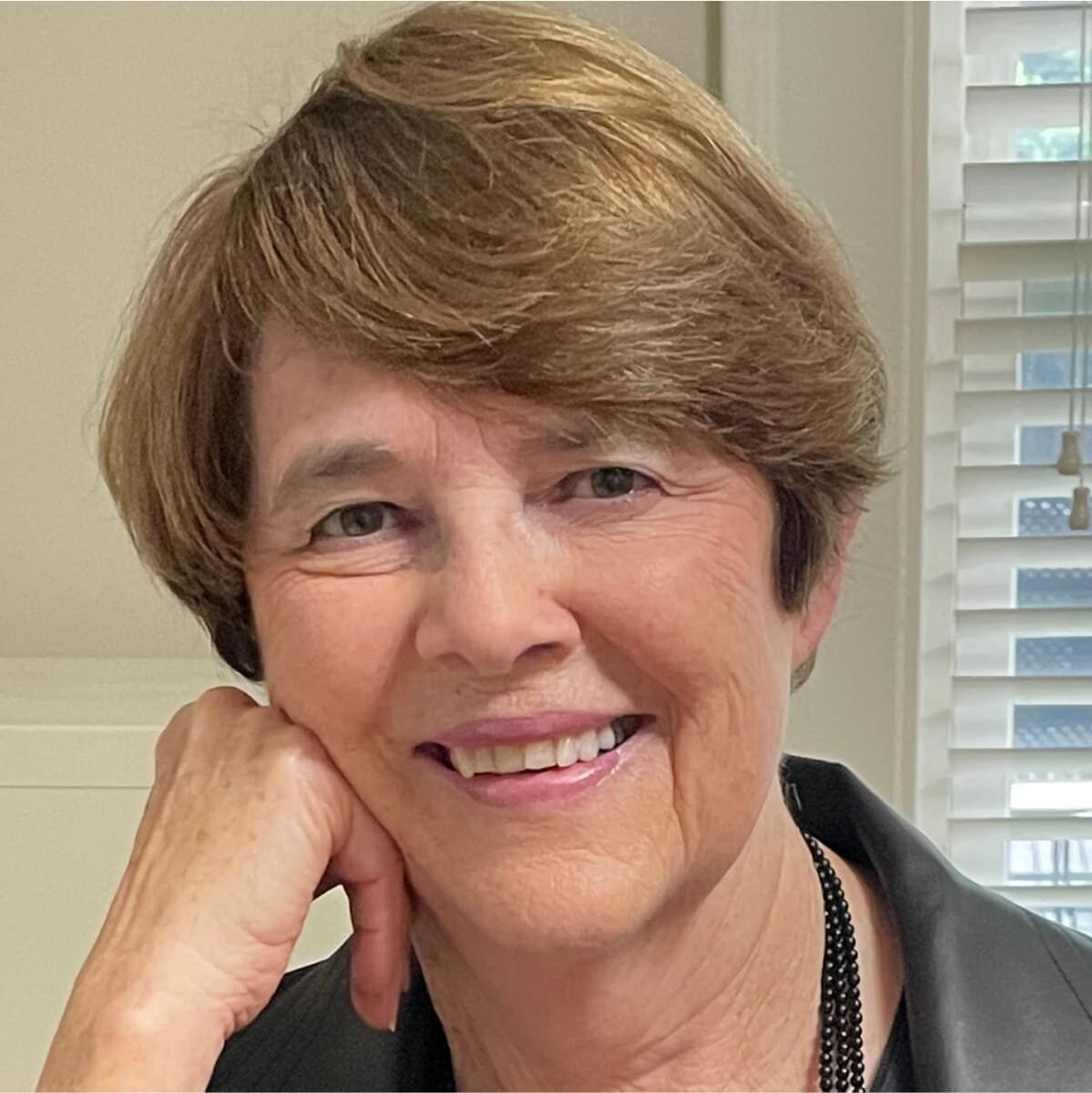
Needed: more leaders who look like me
April 19, 2019
If I lived in Colorado, nearly half my state legislators would look like me. But because I live in South Carolina (and despite our state being 51.5 percent female) only about 16 percent of the lawmakers in the S.C. General Assembly are women.
This ranks us a dismal 44th in the country in terms of female representation in state legislatures. Could it be worse, you ask? The answer, unfortunately, is yes. Just look toward Washington, D.C., where for the past 26 years, the S.C. delegation to the U.S. Congress has been exclusively male. Nary a woman in the bunch since 1993.
South Carolina voters have never sent a woman to the U.S. Senate, nor a woman of color to the U.S. Congress. In the Palmetto State’s history, only five women have been elected to represent South Carolina in the U.S. House of Representatives.
And how about the mayors, city and county commissioners, school board members, and business leaders in the state? They’re mostly men, too.
Time for a change, you say? I second that proposal.
So does a new nonprofit organization called South Carolina Women in Leadership, which was launched April 8 in Columbia. SC WIL is a multi-partisan network of women whose mission is to inform, connect, and encourage women to seek leadership positions and run for public office. (Full disclosure: I am a member of SC WIL’s communications committee.)
SC WIL knows moving more women into leadership positions takes hard work. Karen Tumulty of The Washington Post tells how it happened in Colorado.
“Kathleen Collins ‘KC’ Becker,” Tumulty writes, “who got her start on the Boulder City Council, is the third woman in a row to serve as House speaker. ‘We very diligently recruit women, and train women to run, and hire women as campaign managers,’ [Becker] said in an interview in her offices just off the chamber. ‘And so, all this is intentional. It didn’t just happen that way.’”
The message of the November 2018 elections, when scores of women were swept into office across the country, is unmistakable. Voters want women to play a bigger role in how this country is run.
SC WIL’s website (scwomenlead.net) connects women to opportunities, resources, and information about seeking political office. The group doesn’t endorse candidates or take positions on issues. Instead, we encourage women to step forward into leadership positions in business, community boards, and government.
Want to know, for example, which national, state and local seats are open? Want to find training programs about dealing with the media? Want to know where the best political consultants can be found? Just click on the website.
Also on SC WIL’s agenda is to increase public discussion about fair voting (think: equitable redistricting and the voting process) and to reduce partisan polarization by encouraging listening, respectful conversation and consensus building (consider: aren’t you distressed by how nasty politics has become in recent years?).
Women lead differently than men. We tend to be more collaborative and “reach across the aisle” more easily than men. This leads to good outcomes: studies show women legislators sponsor more bills, pass more laws, and send more money back home to their districts than their male counterparts.
Having more women in leadership positions also changes the conversation. Female lawmakers and leaders can—and do— focus on issues of special interest to women, such as education, equal pay, child care, paid parental leave, and preventing violence against women.
Finally, more women in leadership can change the paradigm of how leaders should actually lead. New Zealand’s young prime minister, Jacinda Ardern, became “an iconic image of global humanity,” as one writer put it, as she led her small island nation after the massacre last month of 50 Muslim worshipers in two New Zealand mosques. Ardern wore a black head scarf while she comforted the victims’ families, grieving with them.
Her compassion and, perhaps, we might say, her female brand of leadership, won the hearts of human beings everywhere. Ardern showed us how it should be done.

Jan Collins is a Columbia, South Carolina-based journalist, editor, and author. A former Nieman Fellow at Harvard and former Congressional Fellow in Washington, D. C., she is the coauthor of Next Steps: A Practical Guide to Planning for the Best Half of Your Life (Quill Driver Books, 2009).